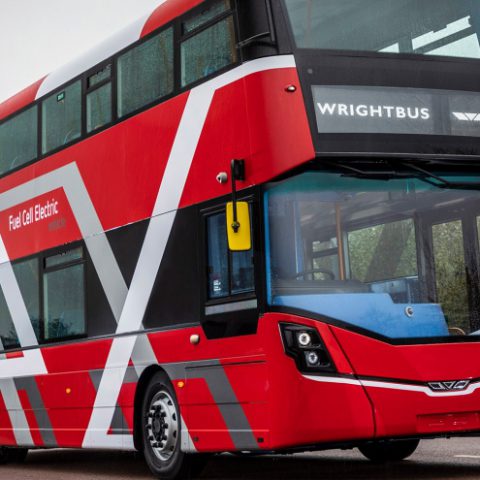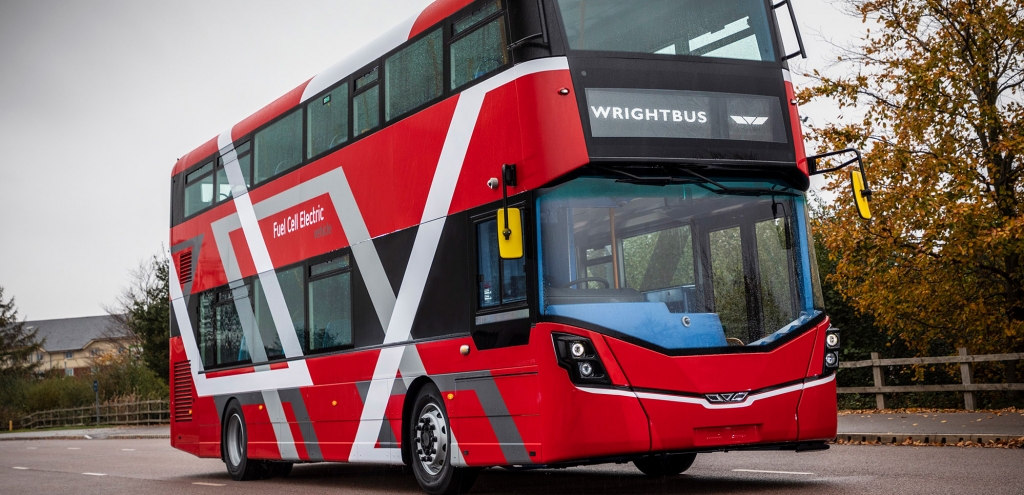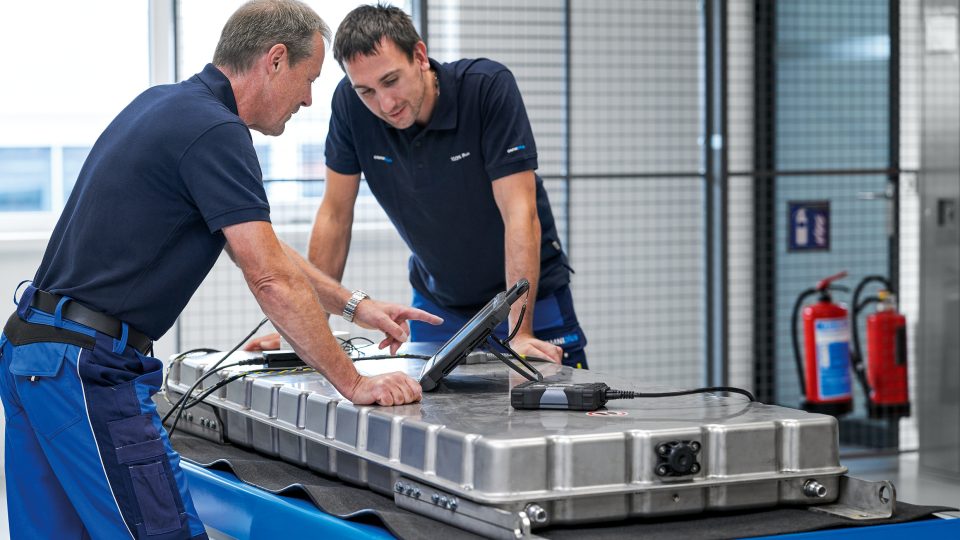Wrightbus opts for Skeleton Technologies as ultracapacitors provider
Skeleton Technologies enters a cooperation with Wrightbus, a leading bus OEM headquartered in Northern Ireland specialized in hydrogen buses, in which the company will supply its next generation high energy ultracapacitor modules to power fuel cell buses in the UK. It is worth mentioning that Wrightbus, which has recently achieved a 20-units order in Birmingham, is […]

Skeleton Technologies enters a cooperation with Wrightbus, a leading bus OEM headquartered in Northern Ireland specialized in hydrogen buses, in which the company will supply its next generation high energy ultracapacitor modules to power fuel cell buses in the UK.
It is worth mentioning that Wrightbus, which has recently achieved a 20-units order in Birmingham, is a founding member of the H2Bus Consortium, announced in June 2019 and focused on deployment of at least 1,000 zero-emission fuel cell electric buses and related infrastructure in European cities at commercially competitive rates. Skeleton components are also mounted on Warsaw trams and Skoda trams to be operating in Rhein-Neckar (Germany).

Ultracapacitors for fuel cell buses. Skeleton with Wrightbus
This is the first commercial release of Skeleton’s next generation high energy ultracapacitors, based on material technology innovation, which allows to combine the highest power density in the market with an energy density two times higher than the closest competitors, including Tesla, Skeleton points out. According to the company itself, hybridization of fuel cell vehicles with ultracapacitors reduces the stress on fuel cells and benefits the vehicles’ fuel economy, allowing them to function more efficiently and increasing the overall range of the system. Wrightbus initial pilot testing is planned to be completed in 2021.
Skeleton Technologies ultracapacitors for Wrightbus
Commenting on this announcement, Taavi Madiberk, CEO and co-founder of Skeleton Technologies, said: “Hydrogen fuel cell vehicles are of high strategic importance to lower CO2 emissions and fight against climate change. Skeleton’s ultracapacitors are one of the key enablers of the hydrogen economy. Since fuel cells are not able to recuperate the braking energy and re-use it for acceleration, they need efficient energy storage devices to improve overall system efficiency and total cost of ownership. Combining ultracapacitors and fuel cells will speed up the market adoption of hydrogen fuel cell vehicles. Wrightbus is at the forefront of development of hydrogen vehicles and we are very excited to work with one of the most ambitious companies in the sector. We see a clear potential of 1000 buses in the next 5 years. Based on the technology and its underlying economics, we have reason to believe that all hydrogen powered trucks and buses could eventually adopt our products.”
Wrightbus Chairman Jo Bamford added: “For hydrogen buses, Wrightbus is working with world-class leaders, such as Ballard Power for fuel cells and Skeleton Technologies for ultracapacitors. Ultracapacitors and fuel cells are the ideal combination for better performance and lower cost of ownership but until now ultracapacitors were lacking in energy density. Skeleton’s Curved Graphene technology brings these needed improvements by doubling the energy density of ultracapacitors, and will therefore strongly contribute to the wide scale adoption of fuel-cell electric buses.”







